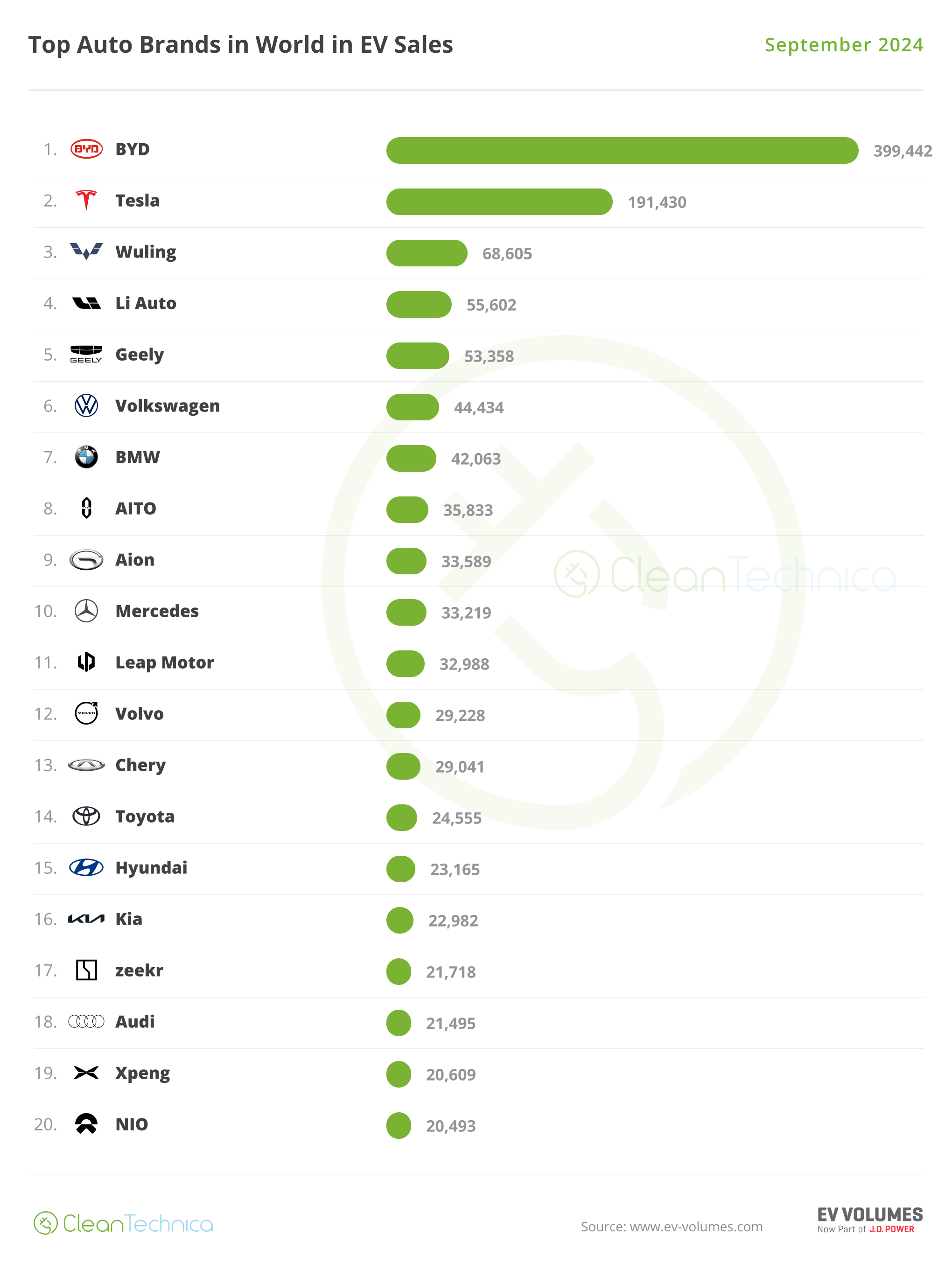
The Union of Involved Scientists (UCS) lately carried out a survey of federal scientists to ask concerning the state of science, and the outcomes are in. That is our tenth model of the survey since 2004 and, to our shock and delight, whereas challenges stay, the widespread consensus is that scientists within the federal authorities really feel extra constructive about their workplaces now than they’ve at some other time we now have administered the survey.
We despatched the survey in September and October of final 12 months to over 46,000 scientists at six federal companies, the Facilities for Illness Management and Prevention (CDC), Environpsychological Safety Company (EPA), Meals and Drug Administration (FDA), US Fish and Wildlife Service (FWS), Nationwide Oceanic and Atmospheric Administration (NOAA), and US Division of Agriculture (USDA). The survey was carried out in partnership with the College of New Hampshire Survey Heart and the venture obtained approval from the College of New Hampshire’s institutional assessment board.
A number of fascinating traits within the survey information made us say both “Eureka!” or kindled our curiosity to be taught extra. Listed below are three takeaways that we predict provide vital insights about easy methods to additional strengthen scientific integrity insurance policies at companies.
Marked Enhancements In Scientific Integrity Coaching
We at UCS really feel strongly that federal scientists needs to be nicely educated on the contents of their company’s scientific integrity insurance policies. It’s important for scientists to completely know their rights, to have quick access to scientific integrity coverage paperwork, and to know who to show to–and what the investigative course of might be like–in the event that they witness a possible scientific integrity violation.
Coaching on scientific integrity insurance policies might even be a method to assist strengthen variety, fairness, inclusion, and accessibility concerns at companies. Scientists who’re earlier of their careers or who establish with a traditionally marginalized group might really feel much less capable of converse up once they witness a possible scientific integrity violation. Coaching can due to this fact assist present them with a primary set of instruments to know their rights. As my colleague Jacob Carter beforehand wrote, “Early-career scientists sometimes don’t obtain coaching on scientific integrity regardless of the difficulty’s clear significance to the scientific neighborhood. Coaching early-career scientists on this crucial problem may assist deliver larger consciousness concerning the problem of scientific integrity and assist educate the long run scientific workforce.”
A majority of the scientists we surveyed — 73% (1,170 respondents) — reported that they’d been adequately educated on their scientific integrity insurance policies. This far outpaces the odds once we carried out these surveys throughout the Trump and Obama administrations. As an illustration, on the US Fish and Wildlife Service, 72% (140 respondents) mentioned they felt they’d been adequately educated on scientific integrity insurance policies, a rise of 16% in comparison with our 2018 outcomes (56%, 189 respondents), and a rise of 40% in comparison with outcomes from 2015 (32%, 250 respondents). And the US Fish and Wildlife Service isn’t any outlier; we noticed equally giant will increase in any respect the companies we surveyed.
Whereas coaching on scientific integrity insurance policies is actually not the “be all and finish of all” for guaranteeing that companies are defending scientists and their work from political interference, it’s a good indicator that issues are shifting in the proper course and will help lay the groundwork for bigger modifications at companies.

Employees Capability Was A Prime Concern
As UCS beforehand investigated, a large-scale exodus of scientific employees occurred throughout the Trump administration. As an illustration, we beforehand discovered that the EPA’s Workplace of Analysis and Improvement, the company’s scientific analysis arm, misplaced 12 p.c of its workforce between 2016 and 2020. Our survey outcomes point out that, sadly, a scarcity of employees capability continues to adversely hurt science-based companies.
59% of surveyed scientists (982 respondents) reported noticing employees departures, retirements, or hiring freezes up to now two years. Of those, some 88% (868 respondents) reported {that a} lack of capability made it tough for them to meet their companies’ science-based missions. 70% (715 respondents) of those that reported burnout mentioned it was resulting from lack of employees capability. And respondents overwhelmingly selected restricted employees capability as the best barrier to science-based decisionmaking.
One NOAA scientist phrased it this fashion: “Essentially the most vital limiting issue for my company’s capability to take care of scientific integrity is its staffing stage. We’re persistently being requested to do extra with both much less, or the present stage of, staffing.”
The shortage of employees has lately reached a dire stage on the EPA and should impede the power to completely implement President Biden’s local weather objectives. Employees ranges on the EPA at the moment stand at roughly the identical ranges as within the 1980s. 1000’s of EPA staff related to the American Federation of Authorities Staff Council 238, a union representing roughly half of the EPA’s workforce, are presently lobbying Congress to handle staffing points at their company.
Extra Than 160 Scientists Report Being Bullied Or Harassed
On-line harassment and bullying in opposition to tutorial and federal scientists symbolize ongoing threats which have elevated lately. Scientists from sure fields – akin to local weather scientists, social scientists, and COVID-19 scientists – seem like particularly liable to on-line harassment. As an illustration, a March 2022 survey carried out by the journal Science discovered that 38% of COVID-19 researchers reported experiencing not less than one kind of assault, starting from individualal insults to loss of life threats.
We requested two new survey inquiries to assess whether or not federal scientists are being bullied or harassed by individuals outdoors the federal government on account of their scientific work. Our outcomes point out that this isn’t a standard downside dealing with federal scientists; 79% of scientists (1,283 respondents) reported that they’d not skilled such harassment within the final two years. Nonetheless, we’re deeply involved that 10% of surveyed scientists (162 respondents) acknowledged that they’d been bullied within the final two years. At 16% (52 respondents), CDC scientists reported the very best percentages of bullying among the many six companies we surveyed.
Even one scientist that experiences this type of harassment is an excessive amount of. Scientists are merely doing their jobs, finishing up research and analyzing information to raised perceive features of our world; these actions ought to by no means result in threats to their lives or their household’s lives or different types of harassment.
Moreover, we discovered a way more blended response once we requested whether or not scientists have been conscious of the method for reporting exterior harassment of their company and in the event that they felt that their company would sufficiently shield them from hurt. Some 45% (725 respondents) agreed this was the case whereas 28% (451 respondents) disagreed. The outcomes point out that companies can do extra to make federal scientists conscious of easy methods to increase considerations about exterior harassment and to really feel higher protected when such conditions come up.
Strong Features Discovered, However Extra Work Wanted
The scientists who took our survey reported stronger and more practical scientific integrity protections at their companies, higher office situations for scientists, and progress on measures to extend variety, fairness, inclusion, and accessibility at companies. Nonetheless, scientists additionally described a lot of challenges that stay, together with a scarcity of employees to hold out the company’s science-based work, doubts on whether or not scientific integrity protections will final past the present administration, and an ongoing lack of variety at companies’ workforces, management, and advisory committees.
It’s clear that the Biden administration has made some actual progress to strengthen the state of scientific integrity at companies. Just lately, the White Home’s Workplace of Science and Expertise Coverage launched a scientific integrity framework that companies are actually within the technique of adopting. It ought to assist additional standardize and strengthen scientific integrity throughout companies.
Nonetheless, there may be nonetheless much more work to be completed to guard scientists and their work from political interference, together with the necessity for Congress to codify these good points into legislation to allow them to stand it doesn’t matter what administration involves energy. We on the Union of Involved Scientists will proceed to observe these points carefully as we now have completed since 2004. And we’ll proceed to press companies to make sure that unfettered science and information are informing authorities insurance policies.
Initially printed by Union of Involved Scientists, The Equation, by Anita Desikan
I do not like paywalls. You do not like paywalls. Who likes paywalls? Right here at CleanTechnica, we carried out a restricted paywall for some time, nevertheless it all the time felt improper — and it was all the time powerful to determine what we should always put behind there. In concept, your most unique and greatest content material goes behind a paywall. However then fewer individuals learn it! We simply don’t love paywalls, and so we have determined to ditch ours. Sadly, the media enterprise remains to be a tricky, cut-throat enterprise with tiny margins. It is a endless Olympic problem to remain above water and even maybe — gasp — develop. So …





